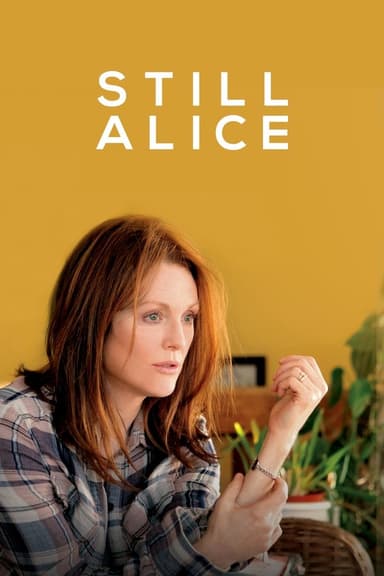
My Sister's Keeper
2009 • Drama • PG-13
Sara and Brian live an idyllic life with their young son and daughter. But their family is rocked by sudden, heartbreaking news that forces them to make a difficult and unorthodox choice in order to save their baby girl's life. The parents' desperate decision raises both ethical and moral questions and rips away at the foundation of their relationship. Their actions ultimately set off a court case that threatens to tear the family apart, while revealing surprising truths that challenge everyone's perceptions of love and loyalty and give new meaning to the definition of healing.
Runtime: 1h 49m
Why you should read the novel
Delving into Jodi Picoult's 'My Sister's Keeper' offers readers a powerful and immersive experience that the film adaptation can only hint at. The novel intricately explores the perspectives of not just Anna, Kate, and their parents, but also those of supporting characters, providing a multifaceted look at the ethical and emotional turmoil at the heart of the story. Picoult’s skillful narrative weaving and internal monologues draw readers closer to the characters, allowing for deeper empathy and understanding.
Reading the novel expands your understanding of the challenging moral questions regarding autonomy, sacrifice, and family loyalty. Where the film streamlines the narrative for time and pacing, the book luxuriates in nuanced character development and the underlying motivations driving their decisions. Each chapter, told from a different point of view, grants access to the hidden fears, desires, and conflicts that fuel the drama.
If you seek to fully experience the intense drama and wrenching choices, the book is the richer, more rewarding path. It encourages reflection and discussion on its ethical dilemmas and delivers a profoundly different, more impactful ending than the movie. Dive into the source material for the depth, emotional complexity, and philosophical questions that only literature can truly provide.
Adaptation differences
One of the most significant differences between the book and the movie adaptation of 'My Sister's Keeper' is the ending. In Jodi Picoult's original novel, Anna is granted medical emancipation, but shortly after, she tragically dies in a car accident. Her kidney is then donated to her sister, Kate, and Kate survives, which is a powerful and heart-wrenching twist. The film, however, alters this dramatically by having Kate die at the story's end, maintaining Anna's life—a choice that fundamentally changes the resolution's emotional weight and meaning.
Another notable difference lies in the narrative structure and point of view. The book weaves a tapestry of multiple first-person perspectives, giving unique insight into each character’s thoughts, fears, and inner struggles. This multi-voice narration brings depth and complexity to moral and emotional dilemmas. The film, constrained by runtime and the demands of cinematic storytelling, largely centers on Anna and Sara’s perspectives, limiting the audience's access to the interior lives of other key characters.
The adaptation also streamlines or omits several subplots and secondary characters. For instance, the nuanced relationship between Julia, Anna’s guardian ad litem, and Campbell, Anna’s attorney, is deeply explored in the book but only briefly touched upon in the film. These relationships add layers of meaning and provide additional commentary on love, loss, and healing, enriching the novel’s world far beyond what is depicted onscreen.
Finally, the book delves much more thoroughly into the ethical and legal intricacies surrounding medical emancipation, the dynamic of being a “savior sibling,” and the psychological consequences for every family member. It forces readers to wrestle with uncomfortable questions in ways the film’s brevity cannot sustain. By condensing and modifying events and characters, the movie sacrifices much of the story’s moral ambiguity and emotional nuance that make the novel a profoundly moving experience.
My Sister's Keeper inspired from
My Sister's Keeper
by Jodi Picoult










